Evaluating the impact on communities of three-year active travel initiative
Transport for Greater Manchester (TfGM) received funding from the London Marathon Charitable Trust to deliver a three-year Sustainable Active Travel programme across a range of community hubs in Greater Manchester. The programme – called Cycle and Stride for Active Lives – aimed to reach communities that were least likely to be active or to choose walking or cycling for their journeys.
The aim was to help address some of the barriers people encounter when participating in, and sustaining, physical activity. The project sought to empower local communities to improve walking and cycling facilities and to encourage these active modes of travel.
Some of the initiatives introduced included guided cycle rides and walks, cycle training, community grants and other projects led by Community Travel Champions. Such activities took place through local ‘hubs’, such as schools, religious centres and community centres. The project aimed to engage up to 20 groups each year, with a target of reaching 10,000 participants over the three-year programme.
To assess the success of the project, TfGM wanted to conduct ongoing monitoring and evaluation, and appointed SYSTRA to carry out this work. SYSTRA as the active travel consultancy were tasked with devising an approach to monitoring and evaluation that would engage diverse and typically ‘hard-to-reach’ audiences, including those who find access to services challenging due to language or technological barriers.
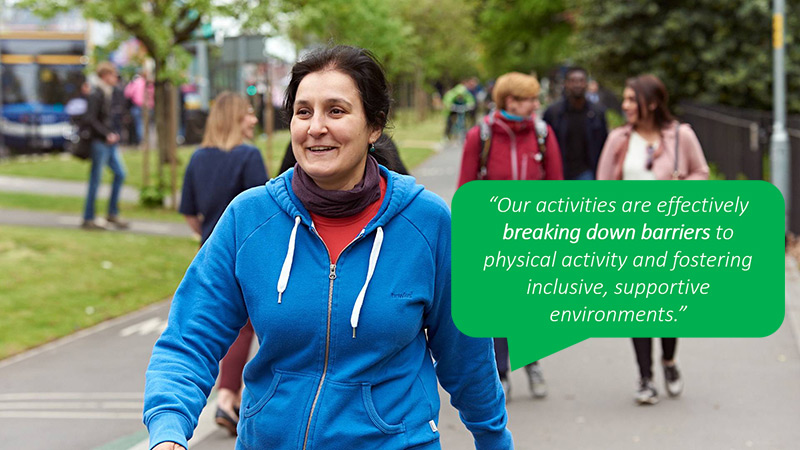
Continuous travel behaviour monitoring provides valuable insights
SYSTRA devised an approach that would enable the impact and reach of the scheme to be monitored throughout the three-year project. The results of our research programme provide qualitative, holistic, person-centric evaluation of the Cycle and Stride for Active Lives project.
To help us determine the most appropriate approach at the outset, we carried out in-depth interviews with key stakeholders and leaders of the groups receiving funding. We discussed our proposed approach and tested our monitoring and evaluation materials with them. The feedback from this stakeholder engagement shaped the design of the final materials used during the project.
Our team provided insights and feedback to TfGM regularly via an online dashboard, which gave access to up-to-date information on our monitoring metrics. We also provided mid-year and annual reports, that summarised progress against key metrics and objectives.
“Everyone should be able to access cycling and walking in a way that works for them, and this scheme provides a real opportunity to make sure everyone has the access and support they need to get active.”
Richard Nickson, Programme Director for Cycling and Walking, TfGM
Accessible surveys to engage hard-to-reach community groups
We established a two-part approach to collecting feedback and comments from participants. Firstly, we used an online form to gather feedback from ‘group leaders’ about how they had delivered sustainable travel interventions, and asking them to identify any successes and challenges. Secondly, we developed another online survey for ‘group participants’, which gathered information about their current travel behaviour and their experiences with the groups. Participants were contacted again towards the end of the programme to establish whether they have made any changes to their active travel behaviour, patterns and preferences.
To maximise our community engagement with ‘hard-to-reach’ groups, all surveys were written in plain English and were designed to be simple to complete in a minimal amount of time. The online forms were also made available in a printed version, for those without access to the internet. We also created translated surveys and offered an option to complete the surveys by telephone.
Group leaders were given a guidance document, offering advice on how to help participants complete the feedback form, maximise response rates and handle GDPR issues, and how to get further support from the project team.
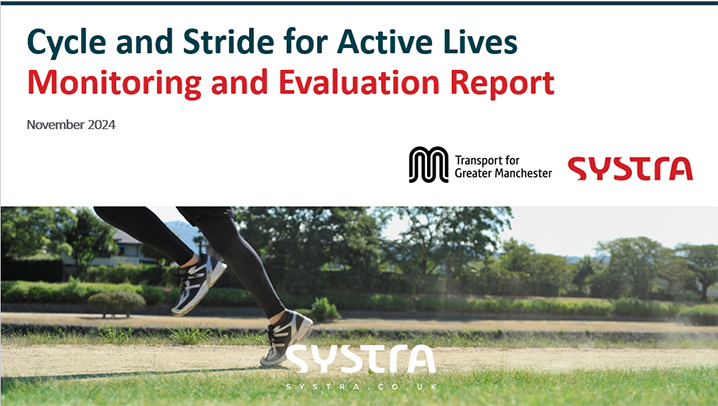
Building healthier communities through cycling and walking strategy
The Cycle and Stride for Active Lives scheme is now completed, with around 60 different community groups across Greater Manchester having worked to help people become more active through walking and cycling. The Cycle and Stride project has met or exceeded all of the aims and objectives for which evidence was collected.
Key outcomes included:
- The majority of respondents felt that they are now undertaking sports activities (83%), walking (66%), and cycling (65%) more often compared to before taking part in their group’s Cycle and Stride activities
- 80% also said that overall, they are more active now than before taking part in Cycle and Stride
- The vast majority of participants felt that they are more confident travelling in their local area due to participating in Cycle and Stride activities (79%).
An important aspect of the project is building relationships and making lasting positive changes to physical activity among local communities. As such, our project evaluation included ‘lessons learnt’ workshops and in-depth interviews with participants and stakeholders– to supplement our qualitative research. We used these insights to create case studies to demonstrate the wider impact of the project on individuals and the target communities.
Image source: TfGM
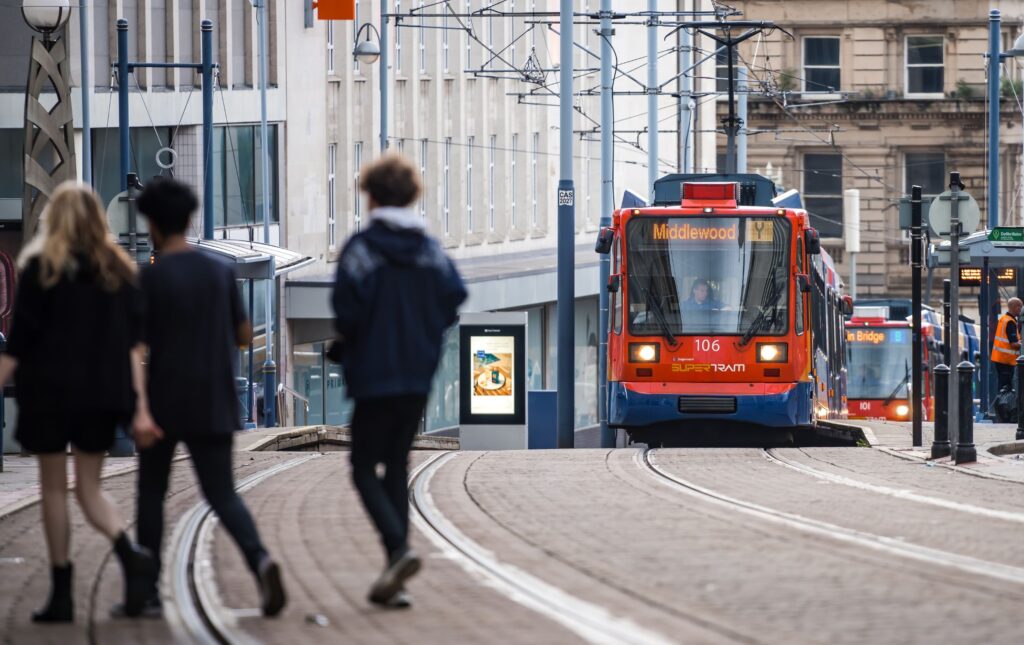
Our Markets
Read more sur Our Markets
Our Services
Read more sur Our Services
- markets
Active Travel
Read more sur Active Travel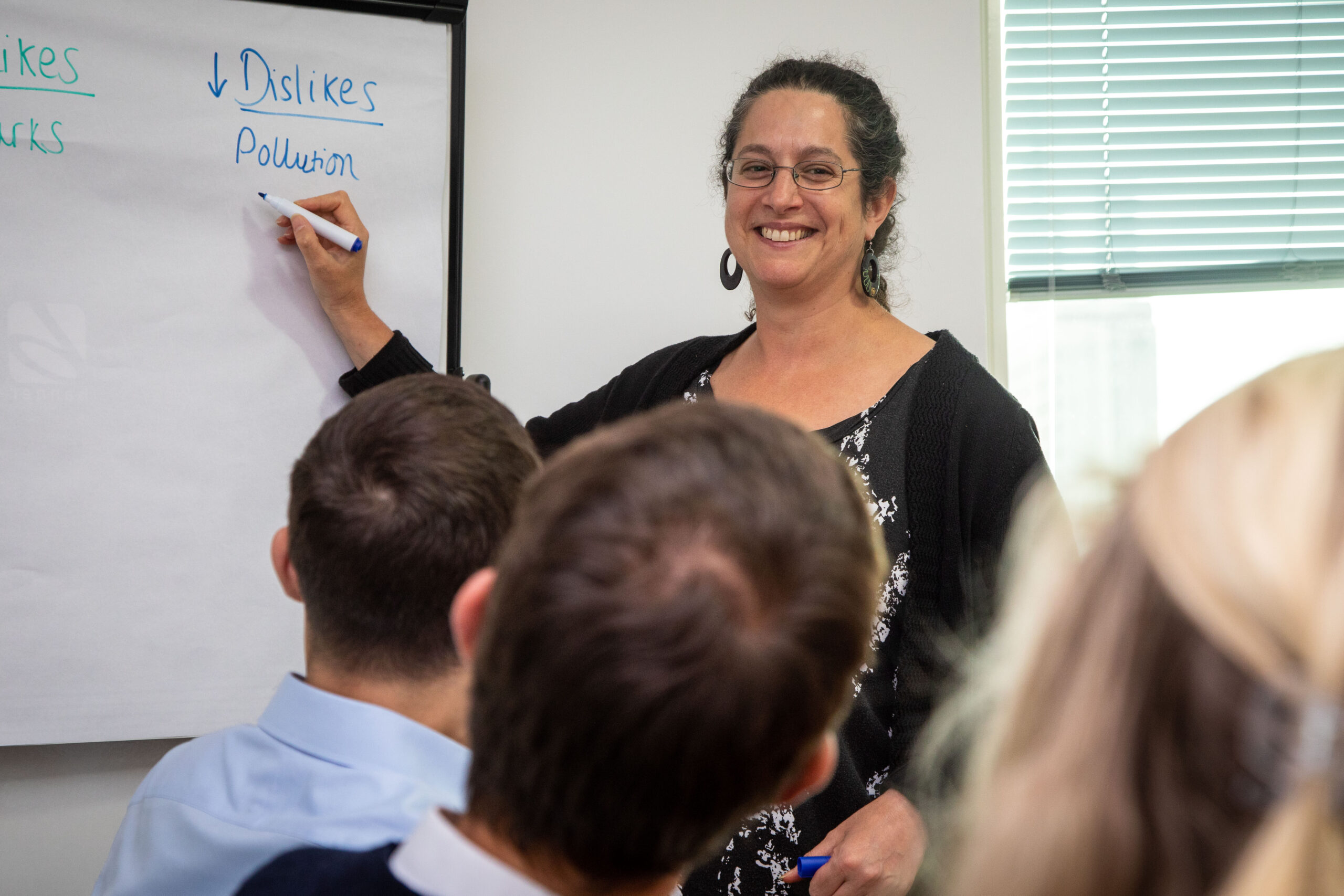
- services
Social & Market Research
Read more sur Social & Market Research
- services
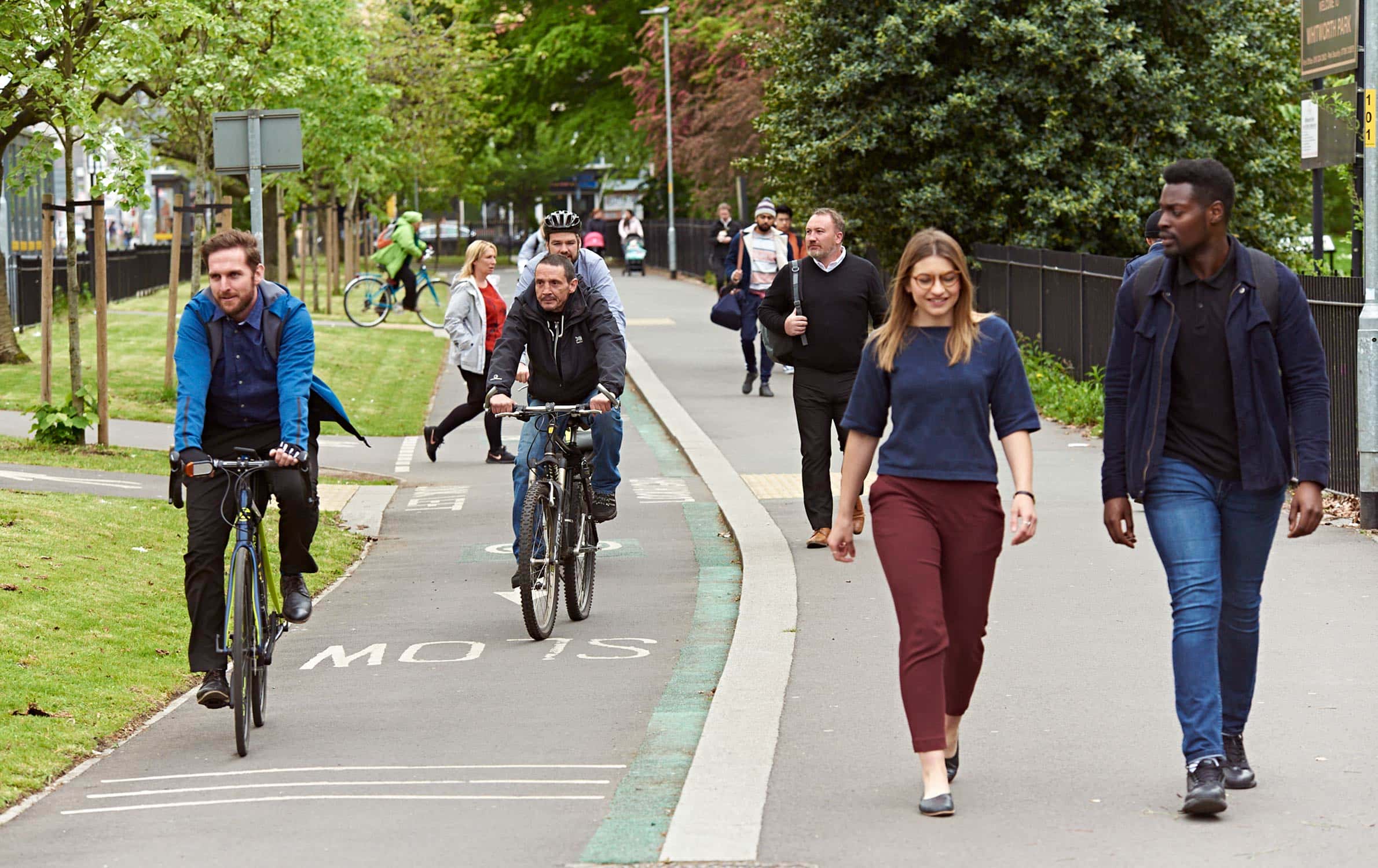
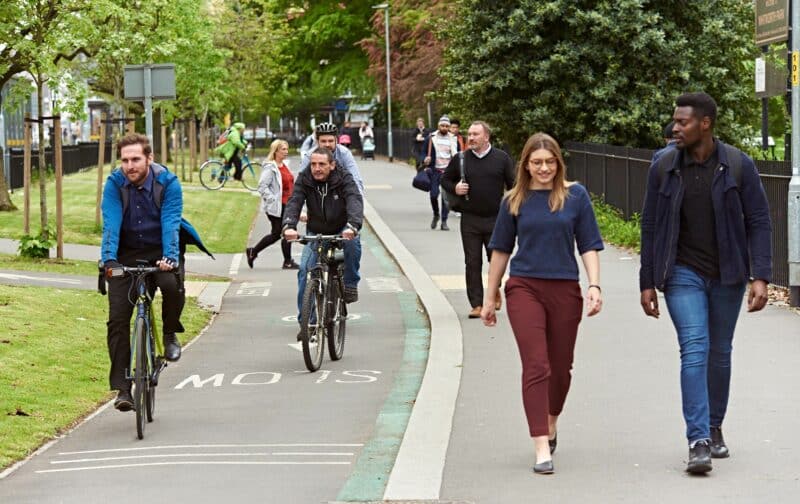
 Australia
Australia  Brazil
Brazil  Canada
Canada  Chile
Chile  China
China  Columbia
Columbia  Denmark
Denmark  Egypt
Egypt  France
France  India
India  Indonesia
Indonesia  Ireland
Ireland  Italy
Italy  Malaysia
Malaysia  New Zealand
New Zealand  Norway
Norway  Panama
Panama  Peru
Peru  Poland
Poland  Portugal
Portugal  Saudi Arabia
Saudi Arabia  Singapore
Singapore  South Korea
South Korea  Spain
Spain  Sweden
Sweden  Taiwan
Taiwan  Thailand
Thailand  Türkiye
Türkiye  United States
United States  Vietnam
Vietnam